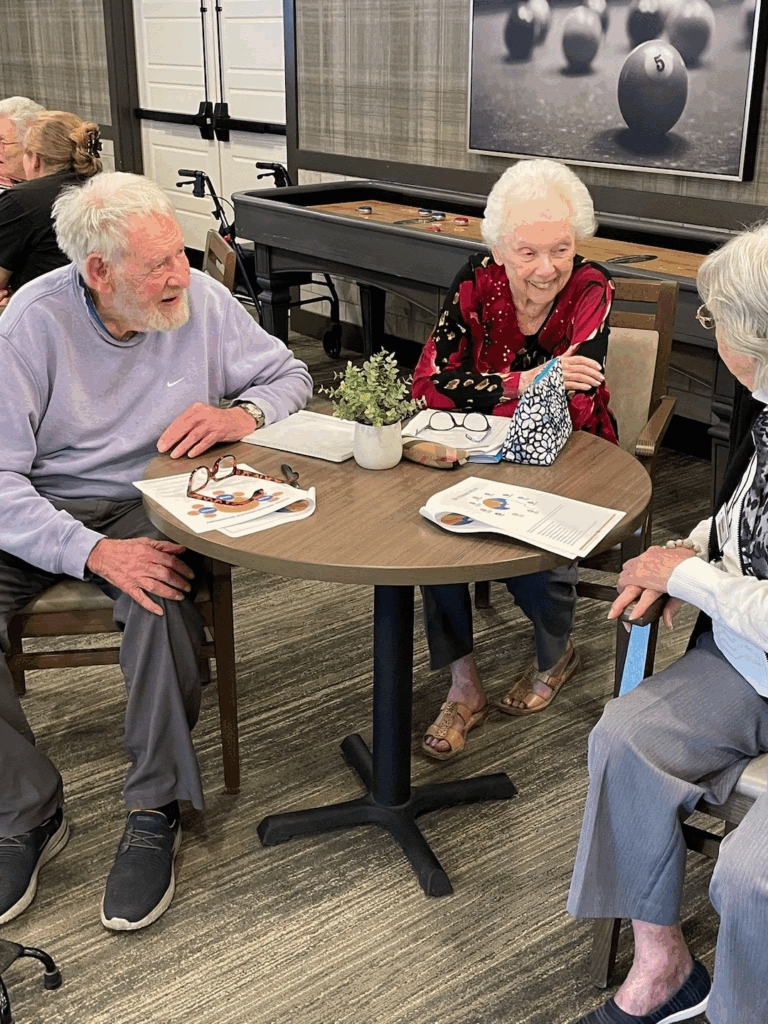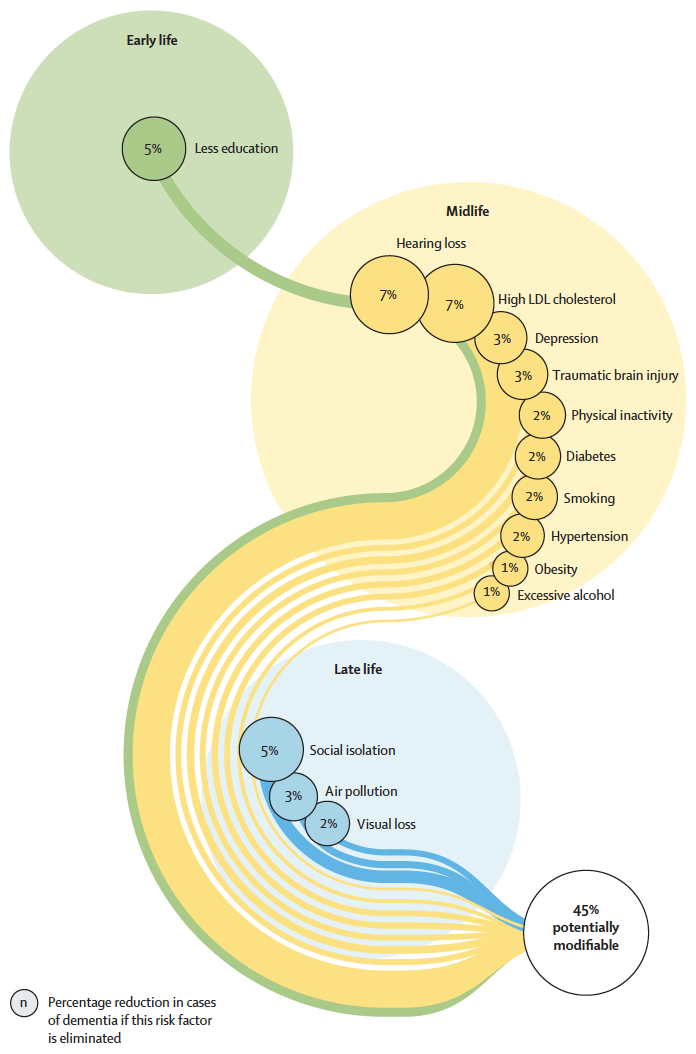
BY CYNTHIA R. GREEN, PH.D.
We all need to sleep. Yet sometimes it can seem impossible to get a good night’s rest. A lack of zzz’s takes a toll on our thinking and wellbeing, especially as we grow older. The good news? There are evidence-backed, practical ways we can improve our sleep at every age.
Why is sleep so important?
While researchers cannot pinpoint the exact way sleep works, they all agree that sleep is critical to healthy functioning. Adequate rest supports our wellbeing, allowing our bodies the opportunity to repair cellular damage, remove toxins, and maintain good physical condition. In addition, sleep supports our immune system, lowering our risk for infection and disease, and can reduces our risk for injury. Finally, scientists believe sleep may play a critical role in healthy brain function, providing a time for neural growth that support ongoing neuroplasticity.
Sleep helps us remember better.
Sleep also matters to our memory. Research shows that getting adequate rest is key to maintaining attention, thinking fast, and other cognitive skills that help us function smoothly and support learning. In addition, it is during sleep that we consolidate material learned during the day and create pathways to new memory for that information. This suggests that if we want to stay sharp and remember what we learn – from directions to names! – we need good sleep.
Sleep can make us better friends.
Lastly, sleep can make us better company. When we are sleeping well, we have better social skills. We can listen more actively and accurately, and we have better verbal functions, making conversations easier. And sleep can help us to be a better companion, shoring up our ability to judge when it’s our turn to talk versus someone else’s or what is appropriate – or not – to do.
It can be harder to get enough sleep as we age.
Many of us are unaware that our sleep patterns can naturally change with age, making it harder to get a good night’s rest. First, our circadian rhythm, the hormonal “cascade” that determines our sleep/wake cycle, can shift, so that we go to bed and awake earlier than when we were younger. We also tend to spend more time in light sleep, making us more vulnerable to disruptions from our environment. Age-related physiological changes, medications and poor personal sleep can make sleep challenging as well.
3 easy changes to help you sleep more.
While age-related changes can make it harder to get our zzz’s, the good news is there are things we can do to improve our sleep. Here are some surefire, practical tips everyone can try to boost their chances of sleeping more.
#1 Improve Your Sleep Efficiency. According to therapists specializing in insomnia, limiting our time in bed to match our actual sleep window is a powerful way we can train ourselves to sleep better. To improve your sleep efficiency, first find your sleep window by keeping track of when you fall asleep and wake up over several days. Next, use that sleep window as a guide for the time you are in bed. Stay out of bed until you are truly ready to fall asleep, then get right out of bed when you awake in the morning. Compressing your time in bed to match your sleep cycle can significantly improve your chances of falling and staying asleep through the night.
#2 See the Light. We can also improve their sleep is by exposing ourselves to natural light during the daytime. The neural pathways located in our hypothalamus that control circadian rhythm are triggered by light. Experts such as Stanford’s Dr. Andrew Huberman teach that at least 10 minutes of exposure to natural light at the beginning and then again at the end of the day can help us reset our circadian rhythm and improve our chances of getting a full night’s sleep.
#3 Act Like a Baby. Anyone who has ever put a child to bed knows that routine matters. Yet often as adults we stray from good bedtime habits. Research shows that practicing a regular bedtime routine can be a highly effective way to promote better rest. Take the time to reassess your nightly ritual and put a healthier program into practice. Include a regular bedtime, a soothing activity such as reading, soft music, breathing relaxation, or a warm bath, and keeping your bedroom cool and dark. Consider banning use of electronics, including your phone, for at least 30 minutes before bedtime, as studies have shown that these devices emit blue light that can be disruptive to sleep. Once you set your routine, be sure to stick with it!
Here’s to many beautiful dreams and happy memories!
President and founder of Total Brain Health, Cynthia R. Green, Ph.D. is a clinical psychologist, author and nationally recognized expert on memory fitness and brain health.
Body Brain Fitness Diet Emotional Wellbeing Exercise Intellectual Activities Intellectual Health Lifestyle Medications Memory Loss Memory Strategies Mental Health Physical Health Self-Confidence Senior Living Social Engagement Spirit Thinking Skills Training



